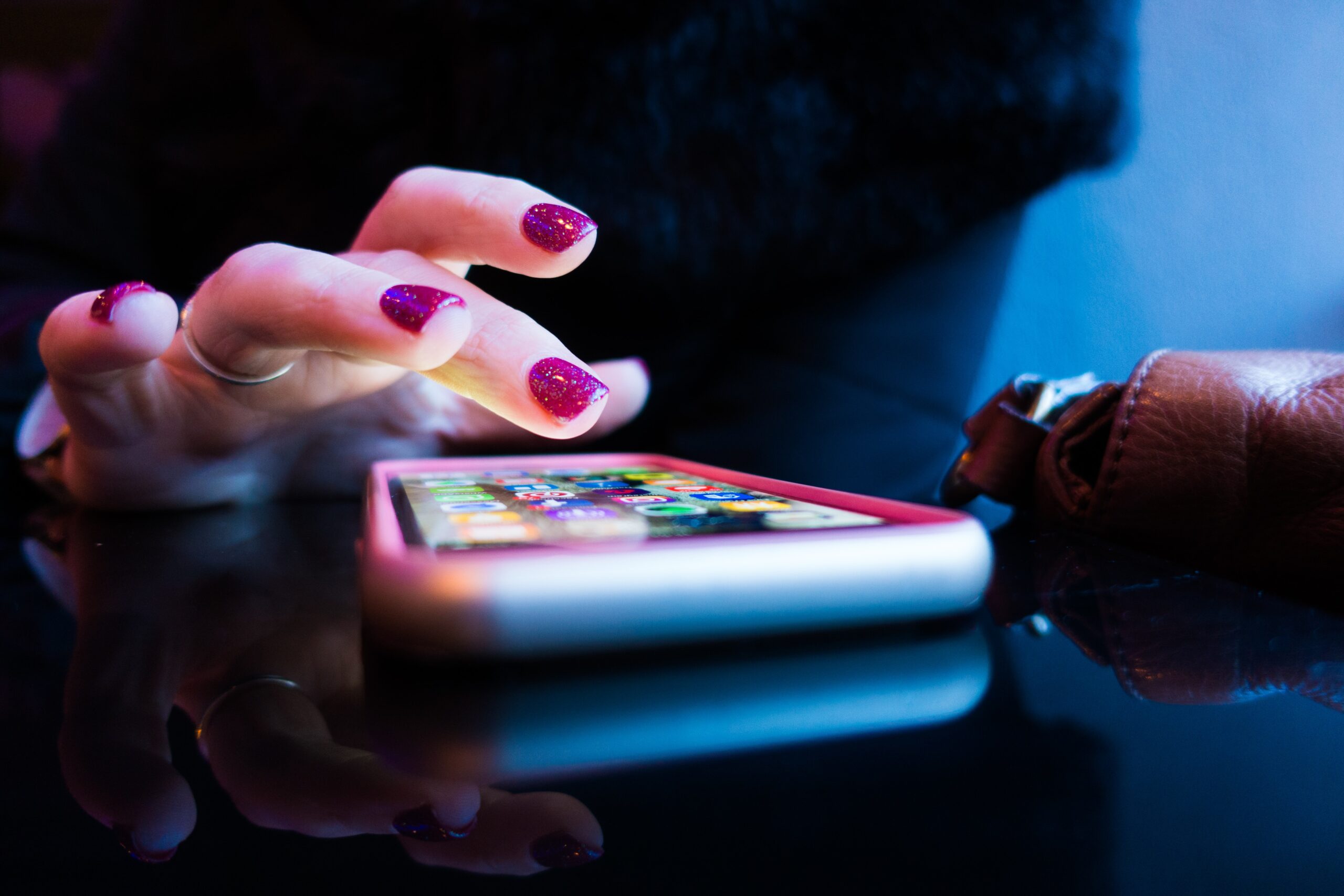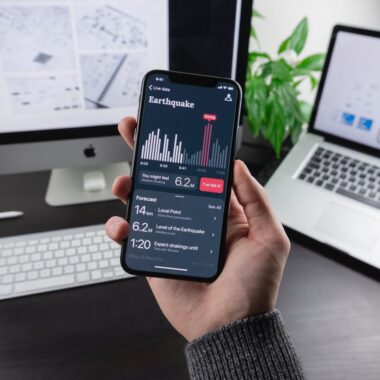Top 10 most popular applications for smartphones in Easter Europe

Quarantine has made many people think, if not about the transition to the Internet, then about the development of their online business. The Page begins a series of publications on this topic.
We first analyzed how the popularity of smartphone apps in Android and Apple stores has changed. The rating was compiled according to the data at the beginning of the quarantine, the intermediate dates are March 22 and April 14.
What programs have benefited from quarantine
Among the most expensive rated mobile applications is the Cross stitch saga embroidery program, which costs UAH 499! In AppleStore, the most expensive top application – “General Ability Test” to enter the work of the National Police, it costs $ 7.99.
Among the Eastern European applications for smartphones, the top 10 free ones include Nova Poshta, Rozetka, and the Raketa delivery service. Also on different days of quarantine there were applications Privat24 and service of administrative services “Action”.
Arseniy Finberg, the founder of the Interesting Kyiv portal and an innovation expert, notes that the demand for educational mobile applications has become logical. In the future, we will also see the growing popularity of new applications for teaching children. In March-April 2020, the application for smartphones “Learning to read in Ukrainian” was popular, as well as the application “Polyglot” for learning English.
The leaders in downloads include free messengers and entertaining mobile applications, including TikTok, SweetTV, paid photo editors, as well as programs for the safety of both cars and communication on a smartphone.
Changing habits: the most popular applications
The most popular application since the beginning of quarantine has become a cross-platform service for video conferencing Zoom. According to experts, it is more convenient than Skype, because it does not require registration and allows you to enable video conferencing by simply clicking on the link.
“Even my children’s school lessons go through Zoom,” says Arseniy Finberg.
GaGadget Editor-in-Chief Sergei Mityaev notes that Zoom’s popularity has grown so much that Microsoft has been forced to quickly change Skype so that it can now also be used without registration.
“And Zoom’s capitalization soared several times, while raising the capitalization of another company with a similar sticker on the stock exchange,” says Mityaev.
The ranking also shows the growth of the Google Classroom education service – primarily due to quarantine in schools and universities.
“There is a feeling that students and teachers will enjoy it, and some of them will continue to use these tools after quarantine. But the dynamics of such paid applications is sluggish and, rather, indicates the low popularity of paid applications in the country. There are no cardinal changes there, and the statistics with a small number of purchases can be affected by any slightest growth, ”Mityaev sums up.
Note that entering the top 10 sometimes depends on the release of updates. Smartphone applications rise in the rankings, such as Privat24, when everyone downloads them at the same time.

Application rating: what didn’t work
The Eastern European top 10 in terms of type of advantages is not very different from mobile applications popular in other countries. But there are differences.
It is noteworthy that in the top 10 there are no applications for smartphones associated with the pandemic. At the request of COVID-19, Google Play publishes a link to the “Action” application and writes that it is looking for appropriate applications in our region.
For comparison: in Italy in February-March a paid informant about the coronavirus CoronaVirus was downloaded.
Anatoliy Frolenkov, managing partner of the E&C consulting group, explains this by the fact that in Eastern Europe the virus is monitored through the media and FB, but not through applications. In addition, if in Italy and the EU the mainstream media are paid, in Eastern Europe it is still possible to get this information in the media for free.
With a wide variety of applications, only a few of them can be real helpers for health control during an epidemic – for example, thermometers or a WHO-developed application with recommendations for emergencies.
It would be logical to see a surge in downloads of mobile applications for medicine. Fortunately, all last year in Ukraine there were many similar applications for smartphones, including MediKit former head of the NBU Valeria Gontareva, which was downloaded by only 1 thousand + users. Vodafone and Kyivstar launched their applications. And Doctor Online of Kyivstar received 100 thousand + downloads.
